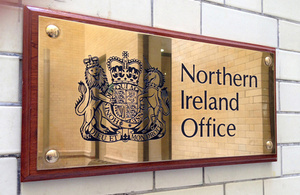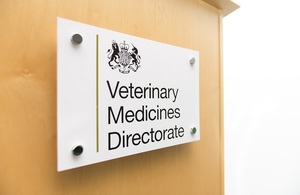Troika Statement on Sudan on the occasion of Eid al-Adha
News story
The Troika (UK, US and Norway) and EU have issued a statement on the political situation in Sudan at the conclusion of Eid al-Adha.

The members of the Troika (Norway, the United Kingdom and the United States) and the European Union extend our warm wishes to the Sudanese people at the conclusion of Eid al-Adha.
Eight months after the military takeover we note the announcement by Sovereign Council Chair General Burhan that the military forces will cease participation in political talks. We acknowledge the stated intention of the military forces, upon agreement among civilian parties to form a transitional government, to withdraw from the political scene. The military and security forces should be held to this commitment. They must also end violence against civilians and hold to account those responsible for unlawful killings and other human rights violations and abuses.
We encourage all political actors committed to the democratic transition to engage swiftly in an inclusive dialogue to form a civilian-led transitional government. This process must deliver an agreement that defines: a clear timeline for free and fair elections; procedures for selecting a transitional prime minister and other key officials; and a dispute resolution mechanism to help avoid future political crises.
A transitional government must be civilian-led, and have broad-based, nation-wide support. There must also be full clarity on, and oversight of, the military’s role and responsibilities. Such matters cannot be defined unilaterally by the military; they require dialogue and transparency to help avoid future disputes.
We commend the tripartite initiative of the United Nations, African Union, and Intergovernmental Authority on Development to facilitate such an inclusive dialogue and support their continued efforts.
Nearly three years since Sudan began its transition to democracy, we deeply regret the continued loss of life, and reversal of important economic and political progress. We commend the devotion of the Sudanese people to a more peaceful and just future and honor the sacrifices of those who have lost their lives in support of democracy. The Troika and the European Union look forward to supporting a transitional civilian government that enjoys popular support, reflecting the hope and aspirations we share with the Sudanese people.
Published 13 July 2022

